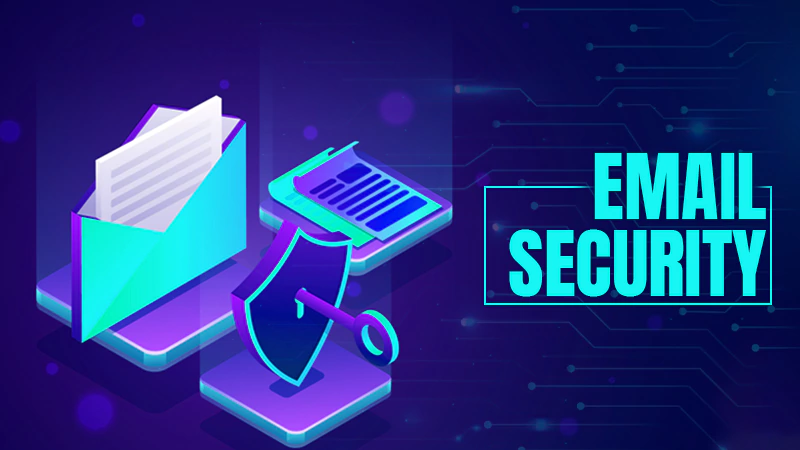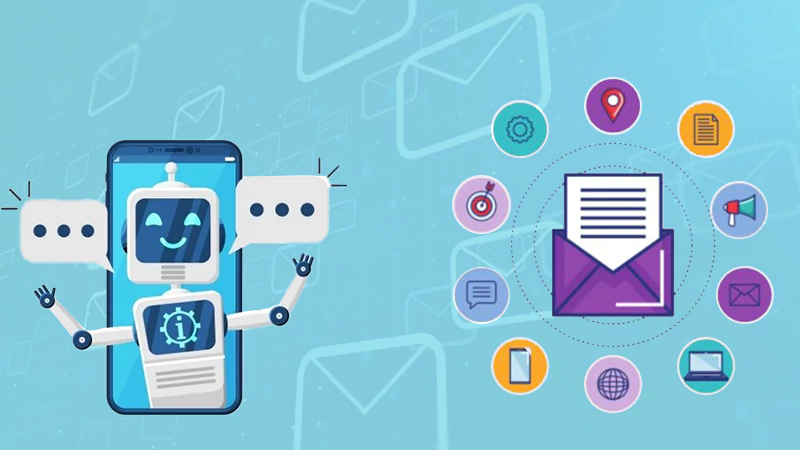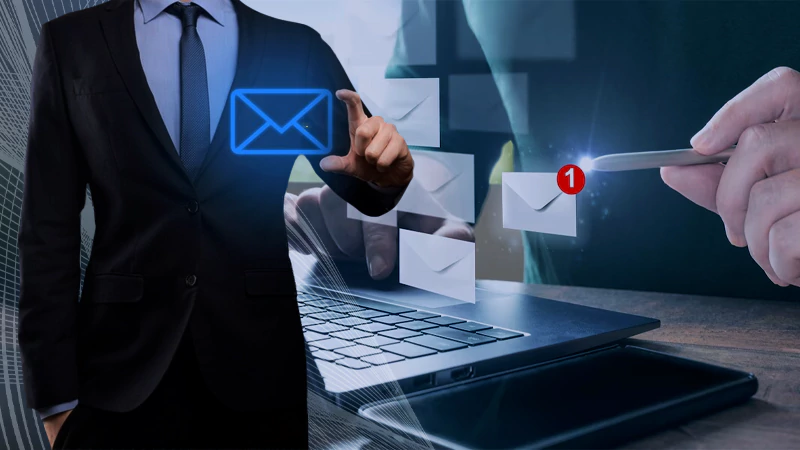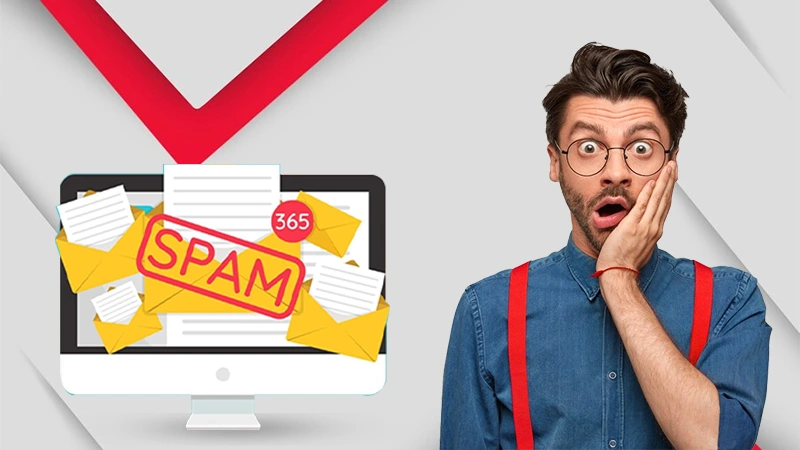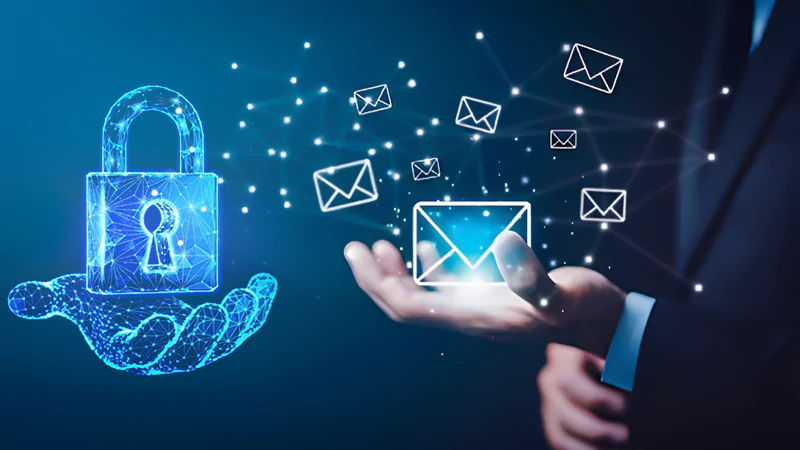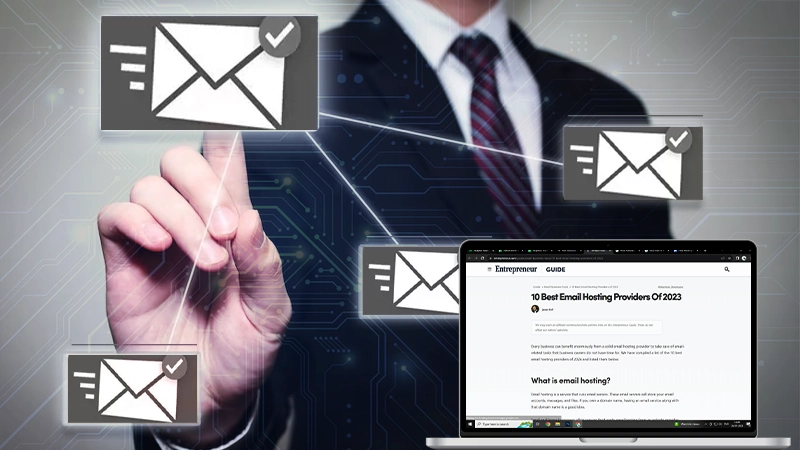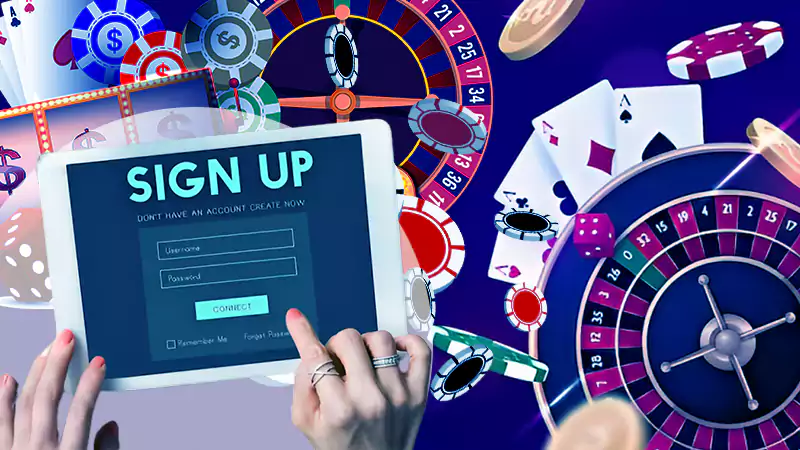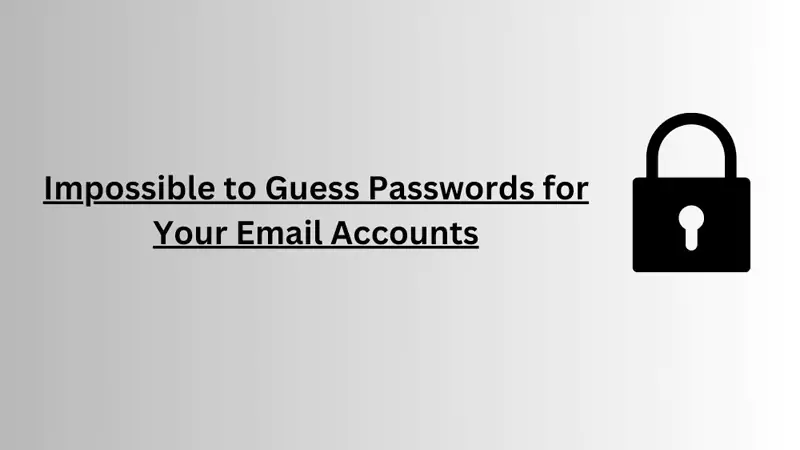How To Manage Your Emails Better For Work and College
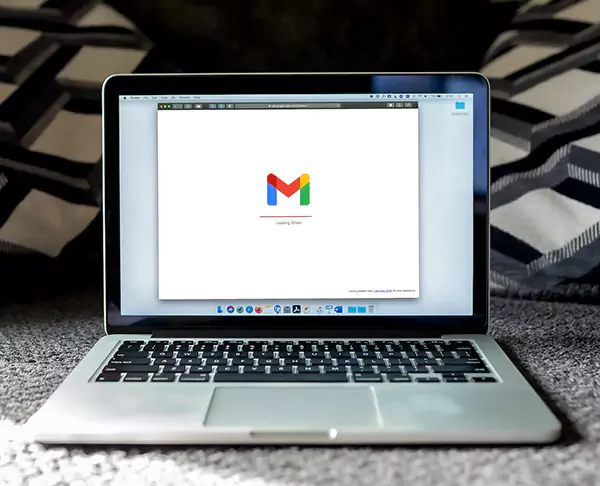
Have you been checking your email for the 10th time and found that it was just another promotional marketing copy?
Maybe a relevant university email got misplaced and landed in a spam folder and never reached you. This is a compulsive habit that could divert the mind from work or college assignments.
Globally, 99% of email users check their inbox daily, with some individuals impulsively checking up to twenty times a day. The stats are staggeringly true, yet the importance of emails cannot be ignored.
Every student or worker requires email management skills that are easy to implement, keep the inbox organized, and restore peace of mind. Just like many other things, prioritizing time will help sort out all email issues.
Here are five practical ways to regain control and manage your emails better, ensuring you stay productive at work and excel in academic pursuits.
Master the Art of Prioritization
An inbox is like a vibrant marketplace, with each email clamoring for attention like enthusiastic vendors. To navigate this digital landscape successfully, refining prioritization skills is vital.
Begin by sorting emails into three categories: urgent, relevant, and non-urgent.
This straightforward yet powerful method is empowering as it helps concentrate on duties that genuinely demand immediate attention. It also prevents from getting drowned in a sea of less valuable messages.
Allocate a specific timeline throughout the day to read through and reply to necessary emails. This approach is a shield from constant distractions, ensuring that the focus stays on managing everything in a better way.
In this era where platforms like https://mypaperdone.com/ provide homework help, there’s no excuse for missing a valuable email simply because of busyness in completing another assignment.
By mastering the art of prioritization, enhance your efficiency in managing workload.
Experience a profound sense of accomplishment by methodically tackling each assignment in order of importance.
TOP TIP
Consider creating a ‘Waiting Folder’ for action-pending emails that you want to read and reply to later in your free time. You can also use the calendar to track emails that require follow-up.
Utilize Email Filters and Folders
Email filters and folders assist in creating a clear and well-organized inbox. Most providers offer features that allow automatic filters for incoming emails based on criteria such as sender, subject, or keywords.
By setting up these filters, it’s easy to streamline a mailbox and ensure that all messages land directly in designated folders, ready to be read.
Consider creating folders for specific projects, courses, or work-related categories. This helps in keeping track of necessary information and declutters the primary inbox.
When in need of searching for that significant document or reference again, save precious minutes sifting through chaotic and bulky emails.
Let your inbox be a well-organized library of information, resulting in improved productivity.
Unsubscribe and Declutter
Often, we all subscribe to newsletters, promotional advertisements, and updates that are no longer relevant.
Take a proactive approach to decluttering the mailbox by unsubscribing from unnecessary mailing lists.
This reduces the daily influx of online letters and ensures that the content received is pertinent to the current needs.
Set aside some time each month to review your subscriptions. If an online magazine no longer serves a purpose or brings value to the work or academic life, bid it farewell.
The inbox should be a curated collection of meaningful correspondence, not a graveyard of irrelevant updates.
According to a recent survey, the number of email users expanded to nearly 4.4 billion in 2023 as indicated in the graph below.
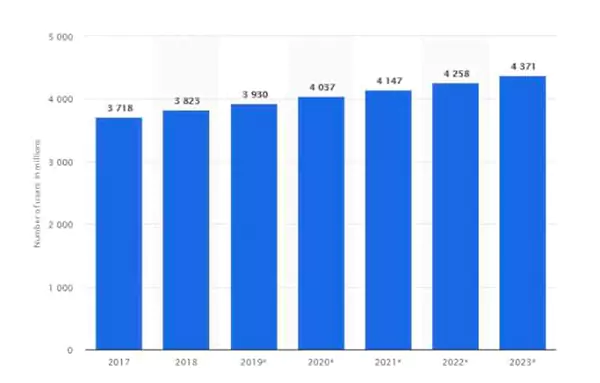
Create Standard Email Responses
Save time and mental energy by crafting standard responses for frequently asked questions or common queries.
This is particularly beneficial for work-related emails or communication with professors and classmates in a college setting.
Having pre-written responses at your fingertips allows you to respond promptly without sacrificing the quality of your replies.
Customize these templates as needed, personalizing them for each specific situation. Not only does this speed up response time, but it also ensures consistency in communication.
Standard responses are a practical tool in the email management process, helping to maintain professionalism and efficiency in correspondence.
Establish Email-Free Time
In a world where constant connectivity is celebrated, it’s pivotal to recognize the importance of taking breaks. Establish specific periods during the day when you will not check messages.
This could be during lunch breaks, early mornings, or the last hour of the work or study day. Disconnecting the mind from online emails allows one to focus on relevant work without the constant ping of notifications.
Conclusion
Managing emails effectively is a skill that can significantly impact your work and college experience.
Regain control of digital correspondence by mastering the art of prioritization, utilizing filters and folders, decluttering the inbox, creating standard responses, and establishing email-free time.
An inbox should be a well-organized place that clearly displays all relevant information in one glance and designates not-so-significant mails in another folder. It might take some time to get started and sort out every message, but once all emails are placed properly, the next time will be much faster to respond.
Prioritizing email management weekly or monthly may seem like overwork until it’s making you anxious. Creating a schedule to check and read letters and sticking to it is self-care, helping you stay productive and focused.

